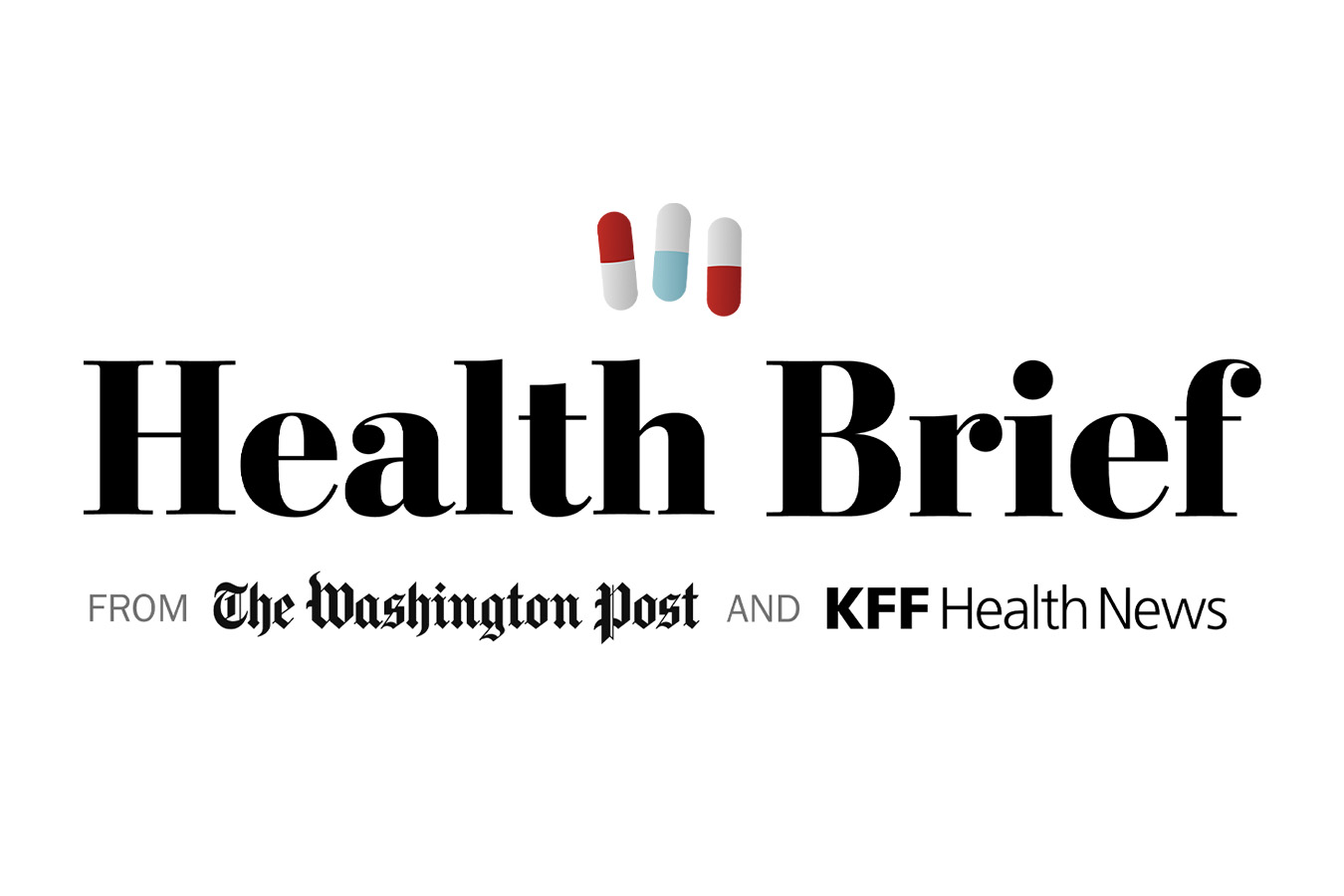A Cornell University communication expert claims that Facebook can be used to reinforce our self-worth. Particularly, users that receive negative feedback in every day life, tend to be instinctively drawn toward their own profiles to enhance their self-esteem and reinforce their sense of self.
According to co-author Jeff Hancock, “the extraordinary amount of time people spend on Facebook may be a reflection of its ability to satisfy ego needs that are fundamental to the human condition.” As opposed to the typical view that Facebook is merely an activity that wastes time and often leads to negative consequences.
To test the hypothesis, 88 undergraduate students were asked to deliver a short speech. Students were then offered to look over their own Facebook profiles or someone else’s for a few minutes while awaiting feedback on their speech. Participants then received negative feedback regardless of their performance. When asked to rate the accuracy of the feedback, those who had viewed their own profiles were less defensive than those who had viewed another person’s profile.
Participants were then given the option to browse Facebook or other online sites after receiving either negative or positive feedback about their speech. Results showed that those who received negative feedback were more likely to choose Facebook than those who received positive feedback.
These results suggest that an ego boost from viewing their own profiles could lighten the blow from receiving negative feedback about one’s abilities. Whereas viewing another profile may increase the need to feel self-assured. Similarly, the need for reassurance of self-worth after receiving negative feedback may influence one’s need to browse Facebook.
In essence, setbacks experienced in every day life may have less impact on self-esteem and self-worth if Facebook can be used to repair the damage caused by such threats to the ego. “Perhaps online daters who are anxious about being single or recently divorced may find comfort in the process of composing or reviewing their online profiles, as it allows them to reflect on their core values and identity,” Hancock says.
Also, not only could Facebook supply the emotional benefits needed to repair deep-seated notions of self-worth, but “the research suggests that Facebook profiles could be used strategically in applied self-affirmation interventions”. For example, campaigns aimed at reducing resistance to anti-smoking messages may be more effective in conjunction with Facebook as young adults may be more compelled to maintain their self-integrity.
Unfortunately, this study suggests that a person’s Facebook profile offers assurance that they are valuable, worthy and good without touching upon the impacts on those who may receive constant threats to self-worth on Facebook, such as bullied teens.
bullying, Ego, Emotional Well-Being, Facebook, Self-Affirmation Intervention, Self-Confidence, Self-Esteem, Self-Integrity, Self-Worth









